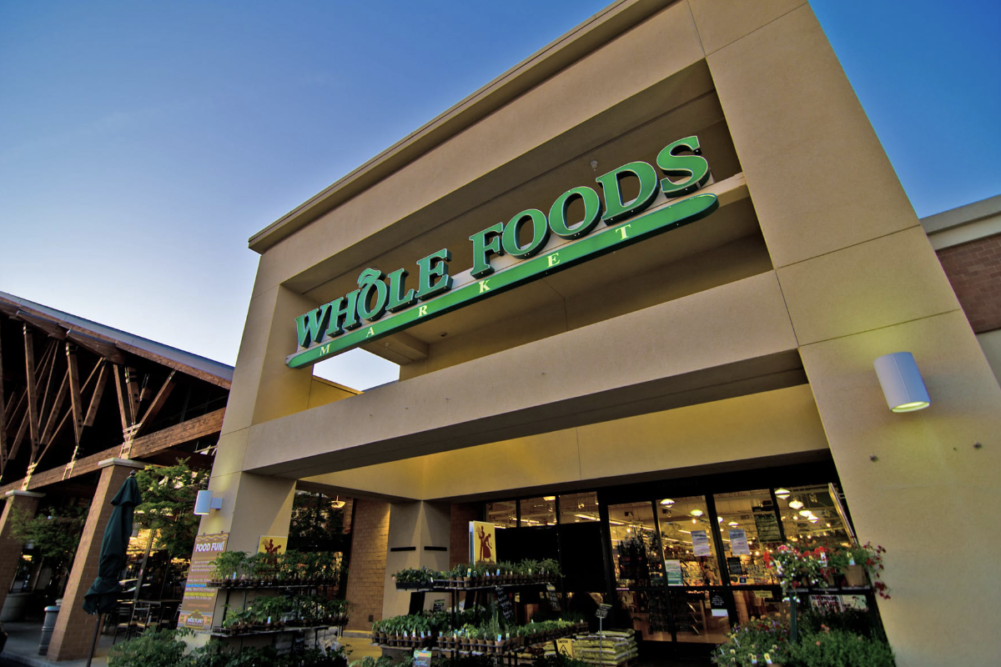WASHINGTON — The US Food and Drug Administration issued a warning letter dated Dec. 16 to Whole Foods Market stating the retailer engaged in a pattern of receiving and offering for sale misbranded food products. Whole Foods Market, Austin, Texas, recalled 32 food products due to undeclared allergens from October 2019 to November 2020, according to the letter.
The action marked the first time the FDA has warned a retail establishment for selling store brand food products in which allergens were not declared on the labels, according to the FDA. Retail establishments like Whole Foods Market are excluded from certain requirements, but they are responsible for ensuring that the labeling for food manufactured under their brand name is accurate with respect to allergens.
The 32 food products no longer are available for sale, according to the FDA.
“Whole Foods Market takes food safety very seriously,” a spokesperson for the company said. “We are working closely with the FDA to ensure all practices and procedures in our stores meet if not exceed food safety requirements. We remain committed to maintaining the highest quality standards in the industry.”
Examples of the recalls were undeclared milk in Whole Foods Market minestrone soup, undeclared egg in Whole Foods Market raspberry cheesecake Italian gelato, undeclared milk and egg in Whole Foods Market white Parker House rolls and undeclared almonds in Chantilly Key lime tartlets.
“Last week, the FDA warned Whole Foods Market for engaging in a pattern of offering misbranded food for sale —either by receiving finished Whole Foods store brand products from third-party suppliers with misbranded labels or by using misbranded labels when repackaging food — in the bakery and deli sections of their stores,” said William A. Correll Jr., director, office of compliance for the FDA’s Center for Food Safety and Applied Nutrition, on Dec. 22. “The warning letter follows a series of recalls in the past year of more than 30 food products sold under the Whole Foods brand because the food label did not declare at least one ingredient that is a major food allergen.
“The FDA is committed to protecting the health of the American people. It's important that food packaging, at all points of the supply chain, appropriately lists the presence of all major food allergens so that individuals with food sensitivities can take appropriate steps to avoid products that may cause them serious and life-threatening harm.”
The FDA identifies eight foods as major allergens: milk, eggs, fish (such as bass, flounder or cod), crustacean shellfish (such as crab, lobster or shrimp), tree nuts (such as almonds, walnuts and pecans), peanuts, wheat, and soybeans. In interstate commerce the adulteration or misbranding of any food, drug, device, tobacco product or cosmetic, as well as the delivery of the products, is prohibited under the Federal Food, Drug, and Cosmetic Act.





